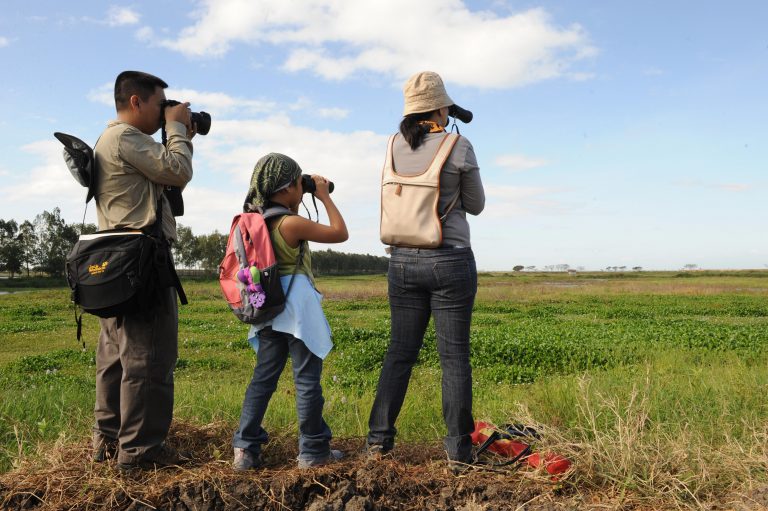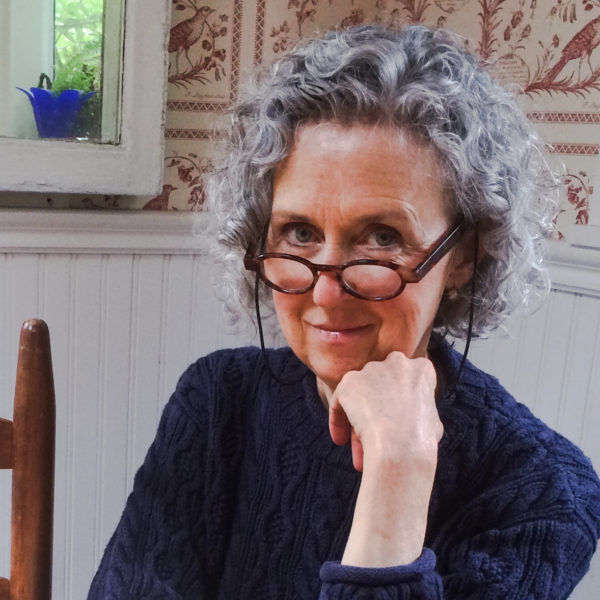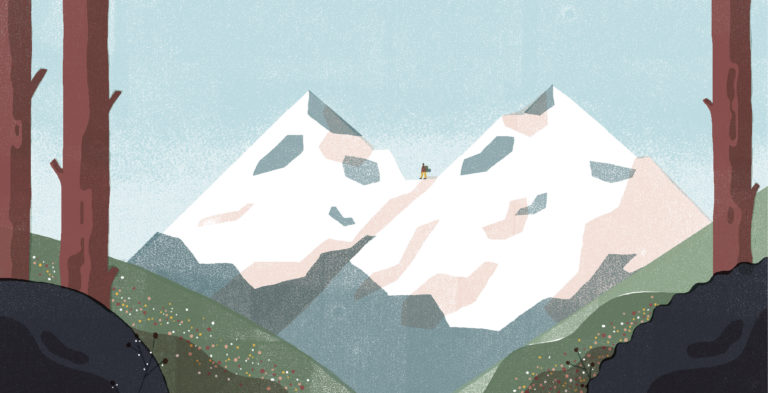
Image by Romeo Gacad.
Stepping into Birdsong, Surrendering to the Sacred
We cleared the day, I and the friend I love. I and the friend who these days is measuring her life bar by bar. Each interlude of each day, each interlude when she can muster the strength to be up and not down. Each interlude when the ravages of beating back cancer don’t hold her in their impossible grip.
My friend is one of the ones, blessed ones, who has slipped behind the screen, the opaque screen that so often keeps all of us from seeing the sacred, breathing the sacred, filling our lungs with all that is holy.
She sees everything now.
She’d written me an email that felt almost like haiku, so spare, so distilled to the essence.
She wrote:
“blessings, blessings, more blessings. every minute is bonus. sun. birds. now.”
I listened. With those few words as my prompt, I cleared the day of whatever was due, was demanding, because I knew there was no time to waste; there never is. Because I read her message, and the three letters — n – o – w — that deserved their own sentence, I stopped trying to find a way to wedge in a visit between appointments and meetings. I beheld the miracle of an ordinary Wednesday. I carved out the most precious gift in the world: time. A few quiet hours stitched into the weave of a week.

Because of the words she wrote in her haiku, her insistent plea to be awake to the now, because she mentioned birds and sun, I started to scan for a place that was beautiful, one that offered a strong dose of sunlight and shadow, birdsong and silence. The yin and the yang of the springtime, of life — its dualities so deeply essential.
I thought right away of The Magic Hedge.
We didn’t know when we met there, in the lull of the carved-out hours, just how magic it might be.
The Magic Hedge, you should know, is a wisp of meadow and brush and groves of old gnarled trees. Its paths rise and bend, so do its grasses, the trunks of its trees. It elbows into the lake, Lake Michigan, as if an offering, an outpost, to the rivers of birds who, come warm springtime winds, catch the updraft, fly thousands of miles, from way south in Central America or Mexico or the southern United States, to way up north, to the boreal forests of Canada, or, just shy of the border, nestled in woods along the Great Lakes.

The river of birds — songbirds, nearly all of them — flows along the lake’s edge; the tracing between water and shore an avian navigational guide as ancient as any there ever was. One of the great North American Flyways, it’s called, and The Magic Hedge is something of a bed and breakfast for the long-distance flocks. Exhausted, their throats parched, their wings so tired from flapping, from floating on air, they settle into the trees, into the brush. They partake of the vernal banquet that is the hedge in bloom.
One of the miracles of The Magic Hedge is that it wasn’t always there. God didn’t put it there. It’s landfill. The leftover earth — the dirt, the rubble — from building a city, from raising a metropolis at the edge of the prairie, and all of it dumped into the lake at Montrose Point in the 1920s and ’30s. Blessedly, Chicago is a city that makes no small plans. It was Alfred Caldwell, a noted Prairie-Style landscape architect, who plotted the hedge’s undulations and meadows, numbered the trees and the shrubs on his planting list. It’s a mere 6.8 miles from the crosshairs of Chicago’s cacophonous epicenter at State and Madison, the zero-markers of the straight-lined grid that measures the city, border to border.
Yet, to step into the hedge, not half a mile from the rushing roar of Lake Shore Drive — a flow of exhaust-spewing cars and burping, back-firing motorcycles — not a mile from the urban drama and squalors of Uptown, a Chicago neighborhood that’s long teetered on margins of every kind, to step into the hedge is to be swept, to be wrapped in the birdsong, the branches in bloom, the tender insistent unfurling of the season, whatever the season.

To step into the hedge is to surrender to the sacred. We hadn’t guessed how sacred it might be. It didn’t take long to figure that out.
Right away I noticed a flock of the two-legged kind, the human kind. Most of the flock were sporting long-nozzled lenses, pressed up to their eyes, pointed toward treetops. I tapped one such fellow gently on the shoulder and asked what the flurry was about.
“Came here on a text that there was a hooded warbler, but it hasn’t been seen in 20 minutes,” he kindly told me, not bothered at all that I’d asked.
Now, a hooded warbler, you should also know, is a wee little thing, one not often seen, apparently. It flies in saffron-colored robes, and for once I’d say the female is even more luminous than the male (but that’s getting ahead of the story). The hooded warbler is enough of a rarity, enough of a gem upholstered in feathers, that busy birders hard at work at their day jobs, drop everything when a text comes in that one, just one, is flitting through The Magic Hedge.

I felt a quiver of thrill as I leaned against a fence post, awaiting my friend. And that’s when a scarlet flash appeared before my eyes. Right there in a branch I could reach out and touch. Mind you, papa cardinals in my backyard do not allow visitors. This one, a proud papa, practically begged me to pat down his feathers.
That’s when I first felt the tap on my very own shoulder: Magic was settling in for a visit.
Not many minutes later, my beautiful friend arrived. A cap pulled tight over her head. Wide-lensed glasses shielding her eyes. The cures for cancer are taking their toll.
We stepped into the birdsong, I and the friend I so love. The woods were achatter, aswoop, as spread wings crisscrossed the sky, as Ws made Xs over our heads. We followed a trail. We talked about those things that matter when you are staring down cancer. We talked of surrender, and healing and prayer in multiple tongues. And that’s when yet another cardinal decided to not be afraid. He hopped onto the grasses that spread between the forks in the trail right before us. He hopped closer and closer. This was a hedge alive with very brave birds, alive with a rare sort of courage.

We did what you do when a cardinal befriends you: We crouched down low. We stayed very still. We barely moved a blade of grass. We whispered his name. He hopped closer and closer. And then his life’s mate, not quite so resplendent in her hausfrau feathers of drab brown and washed-out red, she plopped onto a fence post. She must have beckoned him. He darted away, leaving us slack-jawed at just how close he’d dared to come.
We wound this way and that. We paused at a grove of mayapple, one of the woodland’s underthings caught in the act of spreading its umbrella of wide-berth leaves. We marveled at the ruffled furls of the papery bark on a birch tree. And then we came to the flat slabs of rock, the ones that soak up the sun like a hard-shelled tortoise, the ones just inches away from the lap of the lake.
That’s when a kite-flying fellow appeared out of nowhere. One minute no one was there; the next, there came a man spinning his arms around an invisible spool. We couldn’t see at first what he was doing; it looked like some form of tai-chi, the way he swooped his hands and his wrists through the air at the edge of the lake. But then he called to us: “I made that,” he said, nodding toward high in the sky. We peered into the clouds and the sunbeams and that’s when we spied the red dot.

By then, the man with the kite on the string, he’d wandered close to our rock. Without prompting he told us:
“I wake up every morning, thank God for another day. You never know. I thank God every night, thank God for another day. You only got one life.”
And then, not long after that, he was gone. Poof. Vanished. Lost in some haze. He’d wafted in long enough to tell the two of us to savor the moment, the minute, the hour. Each and every interlude.
Which was precisely what we’d been doing, were doing, will do. We promise.
Once he was gone, had slipped away into the thin air from which he had come, my friend with the cap pulled over her head, she slipped down her dark-lensed glasses, and, looking straight at me, she said: “I think that was an angel.”
We both did.

We stayed on the rocks. We talked about life. We talked of the hard parts. We talked of the parts we so love. We whispered barely a word about cancer; there wasn’t much need to. We sipped mineral waters, ate clementines, dabbled spoons in two tubs of yogurt.
And then we got up, to meander some more. And there was more magic. The details of which I needn’t spell out (for this is getting to be too long a tale, though some tales are worth it). As we got to the edge of the hedge, though, as we got ready to step back into the day, into the bustle, we spied the last two insistent watchers of birds. They were poised in that way that birders are likely to be: lenses to eyes, pointed to limbs and to sky.
And that’s when we saw it, saw them, without any lenses, without any help (of the man-made kind, anyway): the rare and elusive hooded warbler, a pair of them to be precise.
First mama, then papa. We watched, from our post alongside a log, as they darted and played in the trees. The afternoon light shone on the saffron-hued robes of mama warbler. She perched at the end of one very high branch, just sat there, practically glowing, making certain we inhaled the whole of her glory.
And we did.
The friend I so love leaned her head on my shoulder. And we stood in the hedge beholding the magic. Beholding the love.

